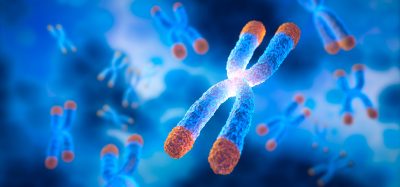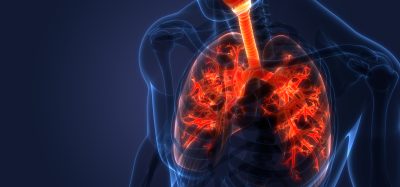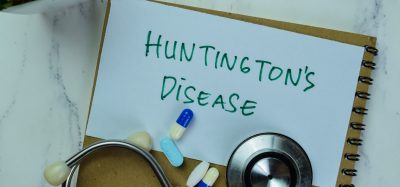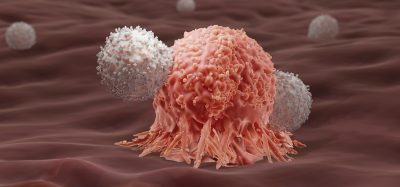Ancient virus holds connections to ALS in people
Posted: 7 June 2023 | Izzy Wood (Drug Target Review) | No comments yet
US study identifies promising new target, in protein remnants from an ancient virus, for treating underlying cause of ALS.
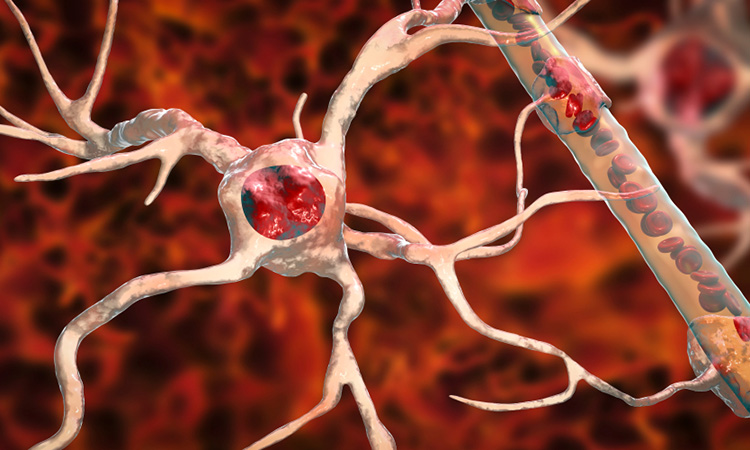

Remnants of an ancient virus have been identified as a potential fuel for amyotrophic lateral sclerosis (ALS), according to a recent study conducted by researchers at the University of Colorado at Boulder, US. ALS is a fatal neurodegenerative disease that progressively affects nerve cells in the brain and spinal cord, resulting in the loss of essential functions like speech, movement, eating, and breathing. While there are only a few drugs available that moderately slow down the disease’s progression, there is currently no cure.
The research team, led by senior author Alexandra Whiteley, Assistant Professor in the Department of Biochemistry, discovered a surprising link between ALS and a protein called PEG10, which has viral characteristics and is primarily known for its role in placental development. The study, published in the journal eLife, suggests that high levels of PEG10 in nerve tissue contribute to ALS by altering cell behaviour.
Supported by funding from the ALS Association, the National Institutes of Health, and Venture Partners, Whiteley’s lab is now focused on understanding the molecular pathways involved in PEG10’s influence and finding ways to inhibit this rogue protein. While it is still early in the research, the hope is that this discovery could lead to the development of a new class of therapeutics that target the root cause of ALS.
The study’s findings shed light on the impact of ancient viruses on modern-day diseases. Research indicates that approximately half of the human genome consists of fragments of DNA left behind by viruses and similar virus-like parasites that infected our primate ancestors millions of years ago. While some viruses, like HIV, are notorious for causing disease, others have become domesticated over time, losing their ability to replicate but persisting in human DNA, shaping human evolution and health.
PEG10, known as a “domesticated retrotransposon,” played a crucial role in enabling mammals to develop placentas, a critical step in human evolution. However, when present in excessive amounts in the wrong places, it can contribute to diseases such as certain cancers and Angelman’s syndrome, a rare neurological disorder. Whiteley’s research is the first to link PEG10 to ALS, demonstrating its high levels in the spinal cord tissue of ALS patients, where it likely interferes with the communication between brain and nerve cells.
In a separate experiment, the researchers discovered that the PEG10 protein accumulates when another gene called ubiquilin-2 malfunctions, as observed in some familial cases of ALS. This protein accumulation disrupts the development of axons, which are responsible for transmitting electrical signals from the brain to the body. The study found that PEG10 was overexpressed in both sporadic and familial ALS, suggesting its involvement in the disease’s progression.
Whiteley’s findings not only provide potential targets for treating ALS but also offer insights into other diseases caused by protein accumulation. Understanding how ancient viruses influence human health could lead to a deeper understanding of various disorders. In the case of ALS, the so-called “domesticated” virus appears to play a detrimental role in neural tissue, despite its beneficial role in placental development.
The discovery of PEG10’s involvement in ALS opens up new possibilities for therapeutic interventions and brings hope for the development of effective treatments for this devastating disease, which currently has limited options for patients. Further research and investigation into the molecular pathways influenced by PEG10 could pave the way for innovative therapies and a better understanding of ALS and related n
Related topics
Genomics, Protein Expression, Proteomics, Therapeutics
Related conditions
Amyotrophic Lateral Sclerosis (ALS)
Related organisations
ALS Association, The National Institutes of Health, University of Colorado at Boulder, Venture Partners
Related people
Alexandra Whiteley



